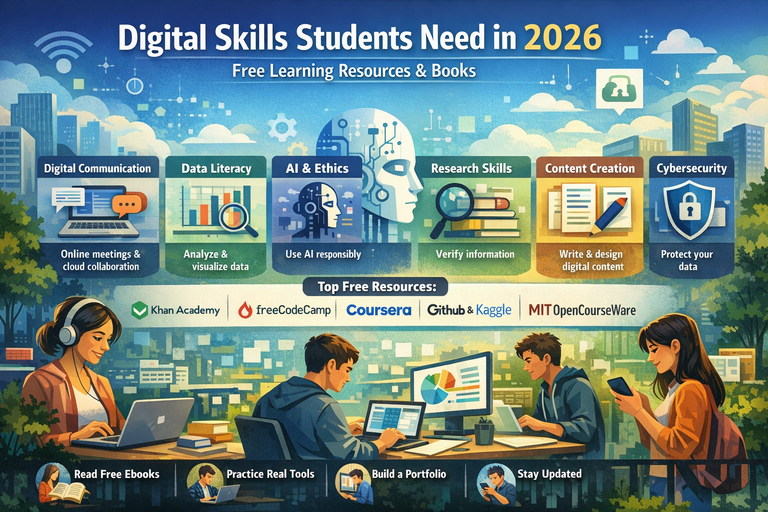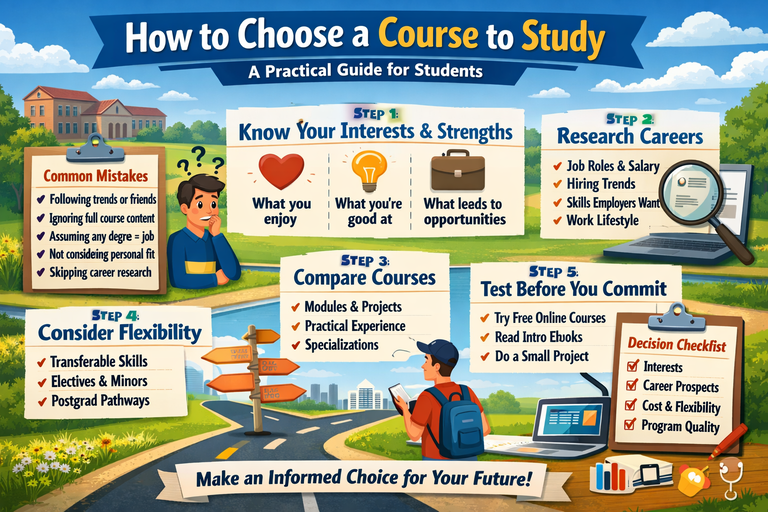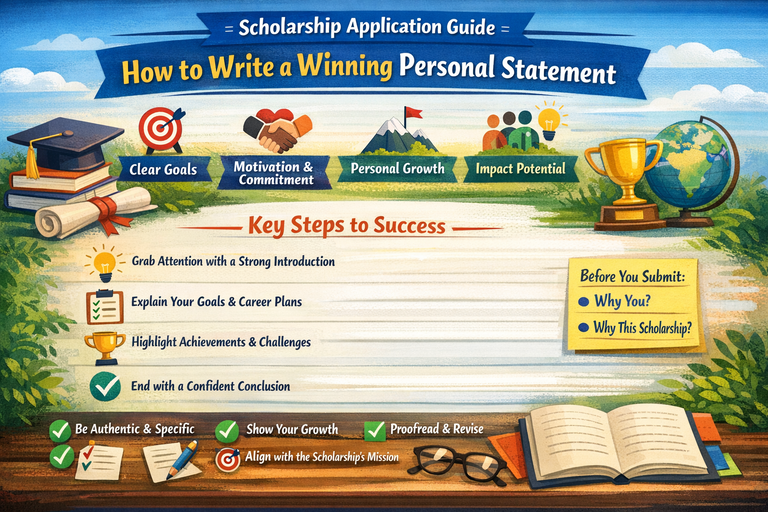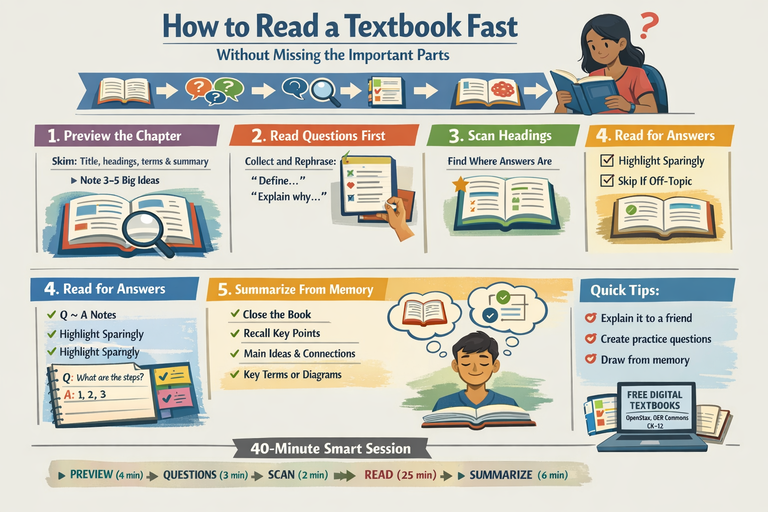Marketing Strategies for Indie Authors: A Complete Guide to Building Your Brand and Selling More Books
In today’s publishing landscape, being an independent (indie) author means more than just writing a great book—it means becoming your own marketing team, publicist, and brand strategist. With self-publishing on the rise, indie authors now have more freedom and opportunity than ever. However, this also means they must work harder to stand out in a saturated market.
This article provides a comprehensive guide to marketing strategies tailored specifically for indie authors. Whether you're launching your debut novel or have multiple titles under your belt, these actionable tips can help you build visibility, grow your audience, and ultimately sell more books.
1. Know Your Audience
The first rule of successful marketing is knowing who you're selling to. Indie authors must define their target audience as clearly as possible. Ask yourself:
-
What genre do I write?
-
Who are the typical readers of this genre?
-
What are their reading habits and interests?
-
Where do they hang out online?
Creating a reader persona—a detailed profile of your ideal reader—can guide every marketing decision. For example, if you write cozy mysteries, your audience may be middle-aged women who frequent book clubs and enjoy paperbacks over eBooks.
2. Build Your Author Platform Early
You don’t have to wait until your book is published to start marketing. In fact, building your platform before launch is one of the most effective things you can do. Your platform includes:
-
Author website – A central hub with your bio, book details, newsletter sign-up, and blog.
-
Email list – An asset you own, critical for reaching fans directly.
-
Social media presence – Focus on platforms where your readers are most active (e.g., Bookstagram for YA readers, Facebook for romance, Twitter/X for sci-fi fans).
Consistency is key. Start small if needed, but stay active, authentic, and engaged with your followers.
3. Utilize Email Marketing
Many successful indie authors credit email marketing as their top-selling tool. Why? Because it’s personal, direct, and you own the list—unlike social media where algorithms control visibility.
Start collecting emails via your website using a lead magnet, such as:
-
A free short story or novella
-
First chapter preview
-
Exclusive bonus content
Then, nurture your list with regular updates, sneak peeks, and special offers. Treat your subscribers like VIPs. The goal is to build a community, not just a list.
4. Nail Your Book Launch
Your launch strategy can make or break your book’s early momentum. Here’s how to execute a successful indie launch:
Pre-Launch (2–3 months before)
-
Announce the book and reveal the cover.
-
Send ARC copies to bloggers, influencers, and reviewers.
-
Build anticipation through a countdown and teaser posts.
Launch Week
-
Offer a limited-time discount or bonus for early buyers.
-
Run Amazon ads or BookBub pay-per-click ads.
-
Encourage reviews on Amazon and Goodreads.
-
Host a virtual launch party or Q&A session.
Post-Launch
-
Continue promoting across platforms.
-
Share reader reviews and testimonials.
-
Cross-promote with other authors in your genre.
5. Leverage Amazon’s Ecosystem
As the largest marketplace for books, Amazon is essential for indie authors. To succeed there:
-
Optimize your book description using keywords and a compelling hook.
-
Choose relevant categories and tags to boost discoverability.
-
Encourage readers to leave honest reviews—these are critical for social proof.
-
Consider using KDP Select to gain access to Kindle Unlimited and promotional tools like Kindle Countdown Deals.
Amazon ads (AMS) can also be powerful if you learn how to target the right keywords and audiences effectively.
6. Create a Book Marketing Plan
Indie authors need a plan—not just ideas. Your marketing plan should include:
-
Goals: What do you want to achieve? (e.g., 1000 sales, 100 reviews, build mailing list)
-
Budget: What can you realistically invest in paid ads, design, PR, etc.?
-
Timeline: Map out key actions and dates (cover reveal, ARC launch, promo campaigns)
-
Channels: Decide where you’ll focus your energy—social media, podcasts, newsletters, etc.
A plan keeps you organized, accountable, and strategic.
7. Build Relationships in the Writing Community
Writing may be a solitary activity, but marketing is not. One of the best things you can do as an indie author is to connect with fellow writers and bookish communities. Ways to do this include:
-
Join writer groups on Facebook, Discord, or Reddit.
-
Collaborate on cross-promotions, anthologies, or giveaways.
-
Swap newsletter mentions with similar authors.
-
Attend virtual or in-person writing conferences.
The indie author space thrives on mutual support. Being active in the community can lead to unexpected marketing opportunities.
8. Use Content Marketing to Establish Authority
Content marketing—like blogging, vlogging, or podcasting—can build trust with your audience and establish you as a thought leader in your genre or niche. Some ideas:
-
Blog about your writing process or book themes.
-
Create YouTube videos reviewing books in your genre.
-
Launch a podcast for readers and writers.
This type of content can also help with SEO, driving organic traffic to your site and books.
9. Tap into Influencer and Reader Communities
Book bloggers, BookTubers, Bookstagrammers, and TikTokers (BookTok) can help explode visibility if they fall in love with your book. Here’s how to work with them:
-
Research creators who already enjoy your genre.
-
Send a personalized pitch and offer a free copy.
-
Don’t demand reviews; offer it as a gift with no pressure.
-
Be respectful of their time and audience.
Micro-influencers may have smaller followings, but they often have higher engagement and more loyal audiences.
10. Invest in Professional Design and Editing
This may not sound like a “marketing” tactic, but presentation is everything in the indie world. A professionally designed book cover and a well-edited manuscript are critical for:
-
Attracting readers at first glance
-
Earning respect from influencers and reviewers
-
Competing alongside traditionally published books
Your book is your product. Make it irresistible.
11. Run Promotions and Giveaways
Strategic discounts and giveaways can boost visibility and attract new readers.
-
Use sites like BookFunnel, StoryOrigin, or Prolific Works to give away freebies in exchange for email signups.
-
Partner with other authors for joint giveaways or contests.
-
Schedule periodic price drops and list them on deal sites like BookBub, Freebooksy, or Bargain Booksy.
Be intentional—use these promotions to build momentum, not devalue your work.
12. Experiment with Paid Advertising
Once you’ve mastered organic marketing, consider experimenting with paid ads:
-
Amazon Ads: Great for targeting shoppers already on Amazon.
-
Facebook Ads: Ideal for targeting specific reader demographics.
-
BookBub Ads: Especially powerful for genre fiction.
Start small, test different creatives and audiences, and optimize based on data.
13. Gather and Showcase Social Proof
Social proof (testimonials, reviews, ratings, reader photos) builds credibility and drives conversions. Here’s how to leverage it:
-
Feature review snippets on your website and social media.
-
Repost reader photos with your book (user-generated content).
-
Highlight awards or recognitions you've received.
-
Use early ARC feedback in launch promotions.
Authentic praise from readers speaks louder than ads.
14. Keep Writing and Expanding Your Backlist
Believe it or not, your best marketing tool is your next book. Why?
-
A backlist increases your chances of discoverability.
-
Readers who love one book will often buy the others.
-
You can create boxed sets, series bundles, or subscription offers.
Consistency in publishing builds momentum and loyalty over time.
Conclusion
Marketing as an indie author can feel overwhelming, but it’s entirely achievable with the right mindset and strategy. Focus on building relationships, knowing your audience, and presenting your work professionally. You don’t have to do everything at once—start small, test what works, and scale up as you go.
In a world where readers crave authentic voices and personal connection, indie authors are perfectly positioned to shine. With the right marketing approach, your books won’t just be published—they’ll be read, loved, and shared.






